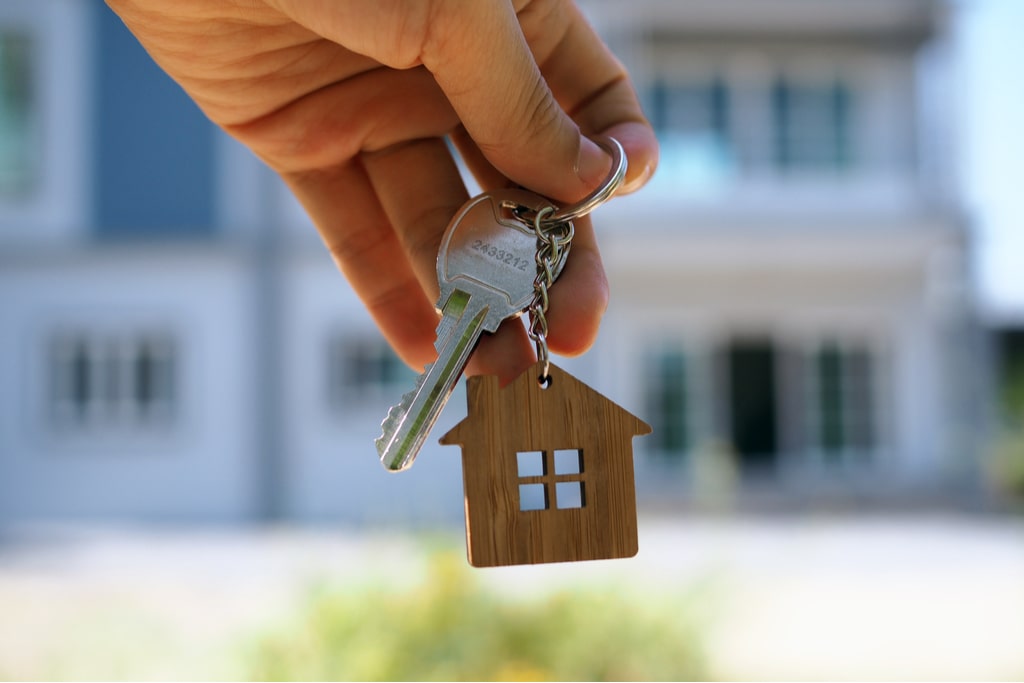
Maybe you want to make some extra money, maybe you’re downsizing, or maybe you just need a change of scenery. Whatever your reason for wanting to lease your house, there are a few things you should know before you take the plunge.
Here are 4 things you should know.
The Risks
Leasing your house comes with a certain amount of risk. You are essentially handing over the keys to strangers especially if you don’t hire a tenant screening service to try to weed out problematic tenants.
First and foremost, damage to your property is likely. This could be anything from a hole in the wall to water damage from a pipe burst. Theft is also a possibility. Again, you’re trusting strangers with access to your home and all your belongings.
There’s also a risk of liability. If someone is injured on your property, you could be held liable.
Another common risk is that of the tenant not paying rent. This could leave you in a difficult financial position if you rely on that income to make mortgage payments or meet other financial obligations.
Your Rights
Thankfully, it’s not all bad. As the property owner, you have certain rights that need to be respected by the tenant.
For instance, you have the right to enter the property when necessary- meaning for reasons like inspections or repairs.
You also have the right to receive rent on time and in full. If a tenant falls behind on rent, you have the right to begin the eviction process. You can also have any damage caused by the tenant repaired at their expense.
Your Responsibilities
As the property owner, you also have certain responsibilities.
Primarily, you are responsible for maintaining the property in a livable condition. This includes making any necessary repairs promptly.
You’re also responsible for ensuring that the property meets all local safety codes and regulations. Then, if you have a mortgage on the property, you’re still the one who has to make those payments on time and in full.
Your Options
When it comes to leasing your house, you have a few different options.
You can lease the property on your own, which means finding tenants, collecting rent, and taking care of repairs and maintenance yourself.
Or, you can hire a property management company. This option comes at a cost, but it can take a lot of the work and stress off your shoulders.
You can also lease the property through a real estate company. This option is similar to using a property management company, but you may have more control over who rents your property and how much you charge.
Leasing your house can be a great way to make some extra money, but it’s not to be taken lightly. By understanding the risks and knowing your rights and responsibilities, you can lease your house with more confidence.
Leave a Reply